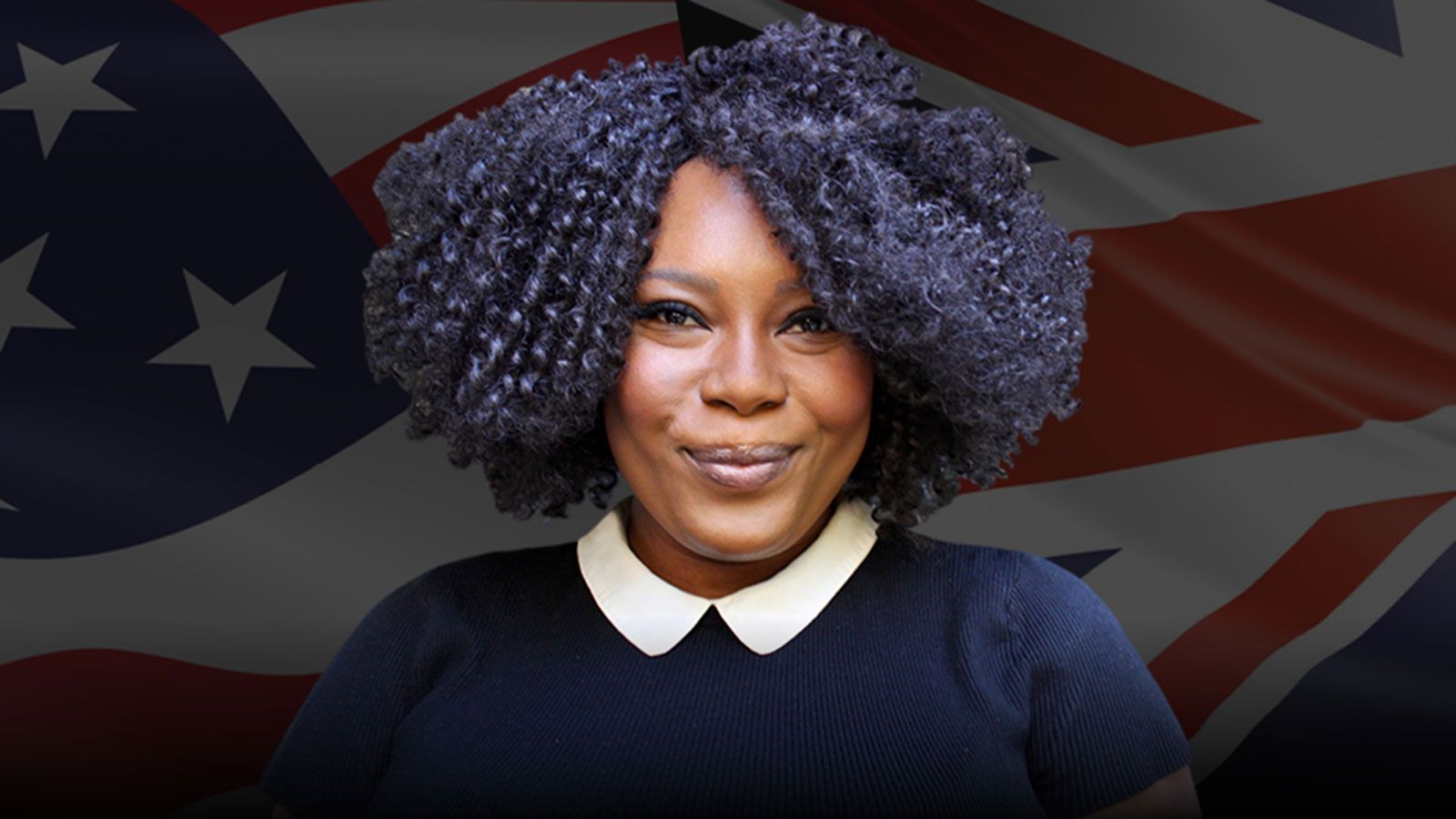Gabriella Cook-Francis ’17 has won the highly prestigious Marshall Scholarship for graduate study at Oxford University.
Cook-Francis graduated magna cum laude from the Roosevelt Scholars Program and the interdisciplinary Thomas Hunter Honors Program with a major in political science, a focus on international relations, and a concentration in philosophy. She hopes to follow her Oxford studies in comparative government with work as foreign policy researcher for a Washington, D.C. think tank. Her ultimate goal is to serve as a diplomat for the U.S. Department of State.
Created by Parliament in the postwar era, the Marshall enables young Americans of extraordinary promise to earn advanced degrees in the U.K. It covers all travel, academic and living expenses. Its goal is to provide America’s future leaders with a lasting understanding of British society and a commitment to sustaining the friendly, mutually beneficial relationships between our countries’ peoples, governments and institutions.
This year, 48 recipients were selected from a national applicant pool of over 1000. More than 170 students applied from the New York region, and Cook-Francis was one of the three accepted.
With her selection for the Marshall, Cook-Francis joins 2017 classmate Faiza Masood in this crowning achievement. Masood, who made history last year as Hunter’s first-ever Marshall Scholar, is now at the University of London. But when Cook-Francis arrives at Oxford, she’ll see another familiar face: Thamara Jean ’18, whose Rhodes Scholarship was another first in Hunter history.
An Early Interest in Border Policies and Living in New York
Cook-Francis was born in Walla Walla, Washington, where her father and mother worked for local colleges. When she was four, both parents joined the administration of the University of Arizona and the family moved to Tucson, an hour from the Mexican border, where cross-border trips and exchanges were an integral part of daily life. Living there, and having a father who'd come to the U.S. from Trinidad, made her think seriously at an early age about immigration and international relations.
In high school she was involved in Model U.N., an extracurricular activity for students interested in global politics and diplomacy. An officer of her high school group, she won multiple awards in statewide competitions and looked forward to continuing with Model U.N. at the college level. She also looked forward to going to school in New York.
“I always felt New York was the place for me,” she says.
After applying to Hunter, Baruch and NYU, she was accepted by all three and ultimately chose Hunter. She was impressed by its affordability and rigorous academics, but the deciding factor was Hunter’s offer of a Roosevelt Scholarship. Based at the Roosevelt House Public Policy Institute and designed for gifted undergrads drawn to civic engagement and sociopolitical analysis, the four-year Roosevelt Scholars Program promptly met her expectations: In her freshman year, she and her fellow Roosevelt Scholars visited the U.S. Supreme Court, where they heard a case being argued and met with Justice Ruth Bader Ginsburg.
Further honors, achievements and rich experiences quickly followed. As a sophomore, Cook-Francis won acceptance into the two-year Jewish Foundation for Education of Women (JFEW) Eleanor Roosevelt Scholars Program, also based at Roosevelt House, and as a junior, she completed a fellowship with the Ibrahim Leadership and Dialogue Project, which supports gifted American students interested in engaging in informed dialogue about the peoples and politics of the Middle East. That fellowship inspired her to form a foreign-policy discussion group at Roosevelt House, led by students and supported by faculty.
Today she uses the word “jewels” to describe the Roosevelt and JFEW Scholars programs–citing the classmates who became fast friends, the tailor-made curricula, and Roosevelt House’s wonderful faculty and staff.
“Something That’s So Hunter!”
As she’d hoped, Cook-Francis found that Hunter also had an impressive Model U.N. program. She joined immediately, and in February 2015 was in the Hunter group that went to the Russian U.N. Mission and talked to Russian diplomats about their country’s role in Crimea and Syria. “That’s something I’ll never forget,” she says. “Something that’s so Hunter!”—the perfect example, she explains, of Hunter using New York, a global city, as an expansive classroom.
She won the best position-paper award at her first national college-level Model U.N. competition. And at the 2015 competition, involving 2500 students from 200 colleges in the U.S. and around the world, she and her Hunter teammates won the Outstanding Delegation award plus a grand total of nine individual awards.
Cook-Francis also engaged in the political life of her adopted city, when, as a 2016 intern at the Manhattan Borough President’s Office, she organized and moderated “town hall” meetings about violent police encounters with black citizens. The following year, focusing back on global problems, she completed a foreign-policy internship at the Clinton Foundation.
A Push to Apply
Despite her many achievements, Cook-Francis initially doubted that she could win a Marshall Scholarship.
“At first I didn’t want to apply,” she admits, adding that she changed her mind only after a strong push by Stephen Lassonde, director of Hunter’s Ruth & Harold Newman Office of Prestigious Scholarships & Fellowships. At his insistence, she says, “I looked more carefully at the Marshall’s criteria and realized that I was getting in my own way.”
She further realizes that the stringent application process would have been valuable even if she hadn’t been accepted: “The process made me put down on paper who I am, and what I want my impact on the world to be.”
That impact promises to be substantial.
To get expert help with applying for the Marshall Scholarship, Fulbright grants and other national academic awards, Hunter students and graduates should contact The Ruth & Harold Newman Office of Prestigious Scholarships & Fellowships at (212) 396-6910 or ops@hunter.cuny.edu.


